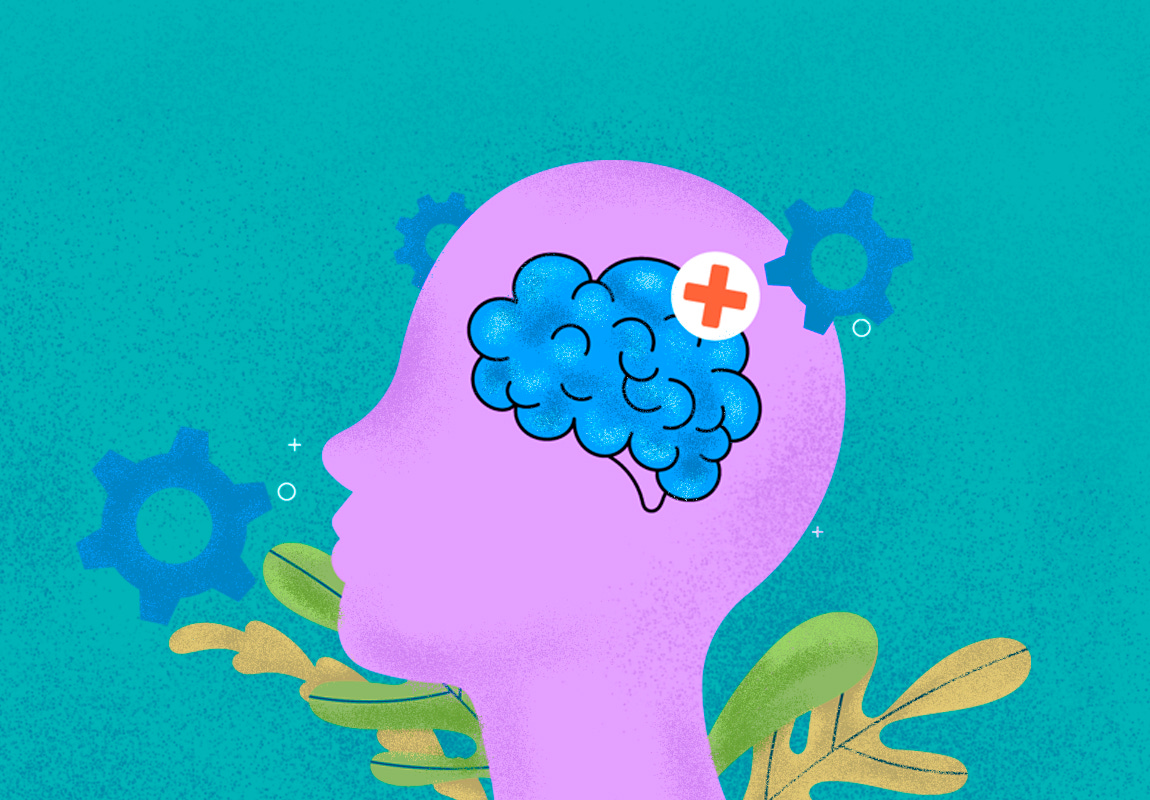Learning Perspectives
Human learning can take many different forms. It can be visible or invisible. For example, it is understood easily when a child learns to wear a dress or shoe. Solving complex puzzles or maths is only so evident if a teacher, parent, or instructor analyses it. There are different reasons why people learn, and they might be for the external rewards that their accomplishments bring, such as good grades, recognition, or money. Also, there are times when people learn for personal reasons. It will be less obvious and mainly associated with a conscience. Humans have more excellent capabilities in learning and memorising or using logic than other species. This capability makes the human race more flexible and adaptable than any other species on the planet.
Defining Learning
Learning allows us to acquire skills and knowledge, values, attitudes, and emotional responses. Learning is a long-term change in mental representations or associations caused by experience.
Let's break this definition down into three parts.
First, learning is a long-term transformation. When we define learning, we should never forget that learning is not a short-term process. The result should be long-term. For example, memorising a phone number and failing after a few months or years is not learning.
Second, because learning involves mental representations or associations, it must have its origins in the brain.
Third, learning is a change resulting from experience rather than physiological maturation, fatigue, or drug or alcohol use.
Many psychologists would agree with the definition introduced. Some, however, would prefer the emphasis on behavioural changes rather than the internal process involved. However, we will only realize someone is learning if we reflect a difference in a person's behaviour or performance.
Research, Principles, and Theories
The scientific study of learning has emerged recently and was only recently common. It's a relative newcomer to scientific inquiry. However, over the last century, countless research studies have been conducted to investigate how people and many other species learn. Since the research findings are consistent, the psychologist has started putting effort into theorising learning processes. They have developed exciting principles and theories of learning, which will benefit teachers and mentors.
Development of Learning Theories
Psychologists began to study learning in late 1800s. There were two dominant perspectives when they started: structuralism, developed by Wilhelm Wundt, and John Dewey's Functionalism. These two perspectives underlying assumptions and topics differed significantly, and they shared one flaw: a need for a precise, carefully defined research methodology. The primary method of researching learning and other psychological phenomena, particularly for structuralists, was a method known as inquiry—They as people to introspect their thoughts and describe them.
Behaviourism
Structuralism and Functionalism faced criticism in the early 1900s for their lack of scientific evidence. They contended that psychology would only be considered an actual science with more objective research methods. They proposed to study learning objectively and scientifically. Theorists should observe and measure people's behaviours (responses) and the environmental events (stimuli) that precede and follow those responses. Since then, many psychologists have attempted to describe and understand learning and behaviour primarily by examining stimulus-response relationships. These psychologists are behaviourists, and their learning theories are collectively known as behaviourism.
Social learning theory
The behaviourist viewpoint has contributed significantly to our understanding of how people behave and learn and how instructional and therapeutic environments can help them learn more effectively. However, its limitations have become apparent over time. Early behaviourists, for example, believed that learning could only occur when learners behaved in some way—perhaps through imitation when they respond and suffer the consequences of that response.
However, some psychologists proposed in the 1940s that people can learn new behaviours simply by watching and imitating what others do (N. E. Miller & Dollard, 1941).
This modelling concept inspired an alternative viewpoint, social learning theory, which investigated how people learn by observing those around them.
Cognitive psychology or cognitivism
As psychologists investigated more and more aspects of human learning, it became clear that studying behaviour alone could not provide a complete picture of learning—that we also needed to consider human thought processes or cognition. Cognitive psychology, or simply cognitivism, emerged as a very different viewpoint, with objective, scientific methods for studying a wide range of mental phenomena such as perception, memory, problem solving, reading comprehension, and so on (e.g., Neisser, 1967). Social learning theorists gradually incorporated cognitive processes into their learning explanations as well. As a result, a viewpoint known as social cognitive theory has emerged.
Conclusion
Only by studying the nature of human learning can an accurate, dependable understanding emerge. Objective, systematic research is used to study learning. Consistent patterns in research findings have led psychologists to develop learning principles (descriptions of what factors affect learning) and theories (explanations of why those factors have the effects they do). Principles tend to be relatively stable over time, whereas theories continue to evolve in response to new research findings.


